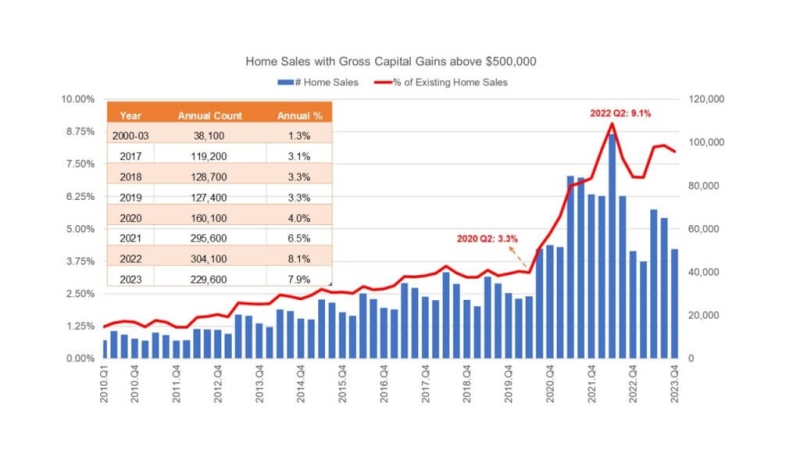Advertisement
New Report Warns of Problems After GSE Patch Expires

The question of what will happen in mortgage lending after the government-sponsored enterprise (GSE) Patch expire in January 2021 is the focus of a new report published by the Center for Responsible Lending (CRL).
“A Smarter Qualified Mortgage Can Benefit Borrowers, Taxpayers, and the Economy” calls on the Consumer Financial Protection Bureau (CFPB) to formulate a strategy that would address mortgage origination when the GSE Patch option has ended. The CRL noted that 3.3 million loans guaranteed by the GSEs over the last five years—roughly 19 percent of the total approved volume—would not have been considered as Qualified Mortgages (QM) because they failed to meet the 43 percent debt-to-income (DTI) limit. would thus have a dramatic impact on mortgage lending in the country. CRL’s report finds that such disruption would not be justified because statistical analysis demonstrates that, on its own, DTI is only minimally predictive of risk for near-prime loans.
The report offers two alternatives to the GSE Patch: Allowing lenders to use compensating factors for near-prime loans or adapting a validated underwriting model approach with statistically-predictive compensating factors, including DTI or residual income, to distinguish which higher DTI loans to make.
“CFPB should amend its rule to accommodate the significant number of sustainable loans over 43 percent DTI so that that these borrowers will not be forced out of the mortgage market altogether or into more expensive and riskier products,” said Eric Stein and Mike Calhoun, authors of the report. “While DTI is an important factor to consider in underwriting loans, CFPB should choose an approach for near-prime loans that permits lenders to use compensating factors rather than relying solely on DTI.”
About the author





